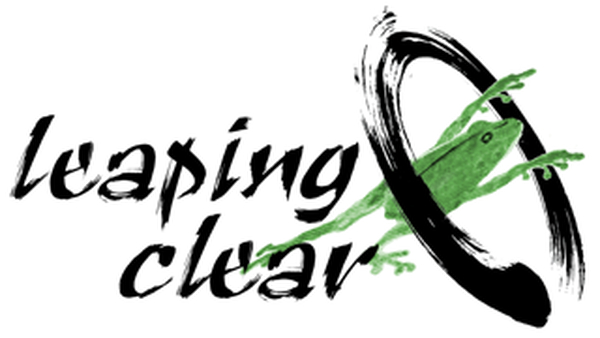Cameron Morse
Day One
“Strictly speaking, for a human being, there is no other
practice than this practice; there is no other life than this life.”
—Shunryu Suzuki
If I am to begin again when my son is born
any day now, let me get down
on my hands and knees
and clean the bathroom. Let me pour white vinegar
into hot water and mop up the pubic hairs
and cobwebs, dead spiders and chips
of sheetrock from the crumbling wall.
Let me pluck the long black hairs that fall
on the rug because I love you. When I'm done,
let me stand, wearing only my underwear,
and finish for lunch the power greens from Costco.
I won't gag on the red stems. The bent,
bleeding leaves of baby spinach go down with the rest.
Waiting
“After such painstaking study of empty-gate dharma,
… there's nothing left but that old poetry demon.”
—Po Chü-i
In cold October wind, I wake up
with an extra blanket over my feet.
Sunday morning clouds whisk
over the western sky like brushstrokes.
The grass remembers yesterday's paintbrushes,
their rinse and a stain, a lower back ache.
My wife waits for me to finish writing, for her labor
to come naturally. I hear her chopping
in the kitchen of my brain, stir-fries
for the freezer, working hard
to give herself a break. Sunrise cuts
my shadow over the whitewashed grass.
It's always the same with me. Trying to empty
myself, I fill another page.
Smallminded
Mud, grass, bottle cap, basket
ball is a small death, blossoming
into a lifetime of small
deaths, counted breaths,
shot baskets. I'm trying to focus
because the debris, the tattered
seedpods and fallen branches
simultaneously are and are not
me. How easy it would it be
to let this life live itself?
Cameron Morse
Cameron Morse taught and studied in China. Diagnosed with a glioblastoma in 2014, he is currently a third-year MFA candidate at the University of Missouri-Kansas City and lives with his wife Lili and newborn son Theodore in Blue Springs, Missouri. His poems have been or will be published in over 100 different magazines, including New Letters, Bridge Eight, South Dakota Review, I-70 Review and TYPO. His first collection, Fall Risk, is available from Glass Lyre Press.
I am continually returning to Basho and Wang Wei, among other Tang dynasty poets whose work is informed by Buddhism. The modernist aesthetic favoring the concrete image over abstraction, and minimalism or economy of language over rhetorical flourish, accords with Zen and leads me to give my attention to the mundane, domestic, and natural aspects of my life in poetry. Suzuki Roshi's Zen Mind, Beginner's Mind is an inspiration. I can feel its urge to increase my attention to life at its most basic. My contemplative practice takes me out of my study but often no farther than my own back yard.

